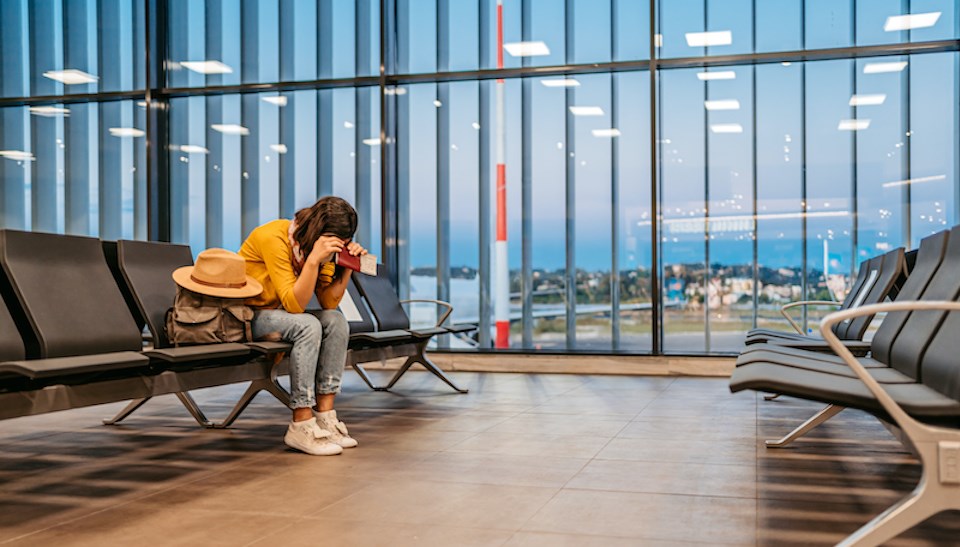Have you ever had a flight delayed, changed, or cancelled by a Canadian airline?
If you have, you may have had difficulty receiving a refund — particularly if it happened at the onset of the pandemic.
On June 22, the Canadian Transportation Agency (CTA) announced new regulations requiring airlines to provide additional refund requirements to customers who have flights delayed by over three hours or more; the changes come into effect on Sept. 8.
According to the CTA, the new rules require Canadian airlines to provide customers with "either a refund or rebooking, at the passenger's choice, when there is a flight cancellation, or a lengthy delay, due to a situation outside the airline's control."
The refund must also be the same as the original payment (e.g., a return on the person's credit card).
The agency adds that this amendment ensures "that passengers complete their itinerary within a reasonable time."
In a news release, CTA CEO France Pégeot said the changes "close the gap in the Canadian air passenger protection regime highlighted by the COVID-19 pandemic" and protect passengers.
But air passenger rights advocates say the amendment allows airlines to avoid paying refunds to customers by offering new flights that won't benefit them.
How will these changes affect Vancouver flights and Canadian travellers?
Dr. Gábor Lukács is the founder and president of Air Passenger Rights—a group that gives airline customers information about their rights so they are capable of enforcing them against airlines. He says the "new refund regulations shortchange Canadians" because airlines can offer a new flight within 48 hours instead of paying the refund — regardless of the customer's needs.
In other words, a traveller who needs to fly from Vancouver to Montreal for a wedding and needs to leave on a Friday could have their flight changed to the following Sunday and receive no compensation from the airline. In this scenario, the flight would arrive at the destination after the event finished and the customer would have no reason to travel.
Under the new rule, airlines that cannot provide a confirmed reservation within the 48-hour period must provide a refund or re-booking "at the passenger's choice."
But as Lukács also points out, airlines may still keep a passenger's money for up to 30 days under the new rule. Countries in the European Union and Turkey, on the other hand, must pay refunds to customers within seven days.
The European Union requires airlines to provide a plane seat within five hours of the initial departure — not 48 — or a refund must be offered.
The CTA acknowledged the change doesn't align with requirements in the EU or U.S. but said it accounts for the realities of Canadian carriers.
"(They) may be required to provide multiple refunds at once due to weather-related disruptions," the agency states in its analysis of the regulations' impact.
With files from the Canadian Press.




